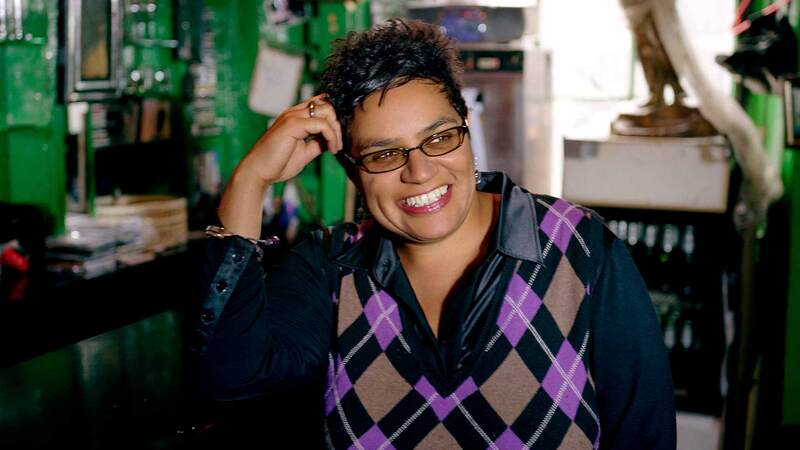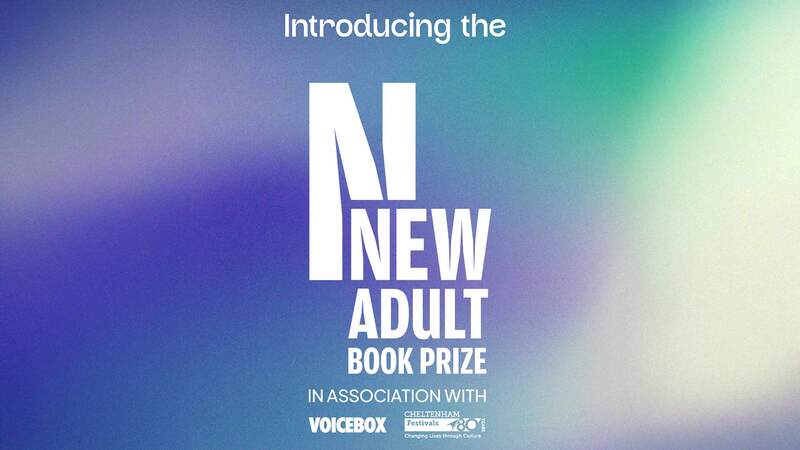You are viewing your 1 free article this month. Login to read more articles.
Indies look to subscription to anchor business in unpredictable market
More and more indie publishers are utilising community-based methods of funding as a way of keeping the lights on. The intimate, fraternity-like nature of subscriptions encourages readers to financially support companies as a whole for a sustained period of time, rather than aiding it short-term with a one-off purchase. Such supporters are a lifeline to many smaller publishers.
Sam Jordison of Norwich-based indie Galley Beggar Press describes the £5,000 a year that comes in from the Galley Buddy subscription scheme as being the difference between "sinking and sailing on". The Galley Buddy scheme was set up three years ago as a way for the press to build on the community growing around it and also to make some money in advance to pay for print runs. For £30 or £50 the service offers subscribers limited edition versions of its titles, names in acknowledgement sections, 20% off its online shop, e-book versions of titles, and invitations to launches and events.
"The Buddies are really essential to keeping us going," says Jordison. "They invest in us and our authors. We hope that they get something really nice from us, but we certainly get a lot in return." The press has 140 Buddies at the moment, which is increasing steadily, and the aim is to get to 200.
And Other Stories, an indie based in Sheffield, launched in 2010 with a view to making direct subscriber support integral to its business model. Subscription sales now make up 20% of the press’ annual income. "That 20% is a bedrock of income that really makes the books happen," says publisher Stefan Tobler. The scheme is a way to facilitate direct interaction with readers who enjoy the "club" element of seeing their names in the back of the press’ titles, and who love the "buzz of helping great literature into the world". In addition, the passion of these subscribers helps the press to reach a wider audience: "[They are] incredible at building word of mouth for our books: we’ve just sent out copies of the great, but previously untranslated, Argentinian author Norah Lange’s People in the Room, and the response on social media has been electric," says Tobler.
Similarly, for new not-for-profit press Tilted Axis, subscriptions, alongside individual and bundled website sales and books sold at event and fairs, make up 10% of total sales. Tilted Axis has offered subscription packages since it launched in 2016, and currently has around 70 subscribers. It’s aiming for 100 by the end of the year. "It’s quite useful for our business because it provides us with a small, stable income so we can seek out new and groundbreaking work from a broader range of languages, increase editorial support and increase spending on publicity," says publisher Deborah Smith.
Month by month
A new method of community-based funding publishers are looking into is Patreon, a crowd-funding platform that offers creators and artists a way of getting sustainable income from their fans. Following in the footsteps of Scottish indie 404Ink, east London-based publisher Influx Press has recently launched a Patreon to establish a guaranteed monthly income to help the press "plan more easily for the future".
Co-founder Kit Caless says: "Other types of crowdfunding, like Kickstarter, just develop a one-off capital fund-raise, which ultimately works for a particular project, but doesn’t keep things ticking along in the background. Our bank account is in permanent oscillation; expansion is difficult for small businesses and it takes serious risk and courage. With Patreon we feel we’ve found a new way to mitigate that risk ever so slightly."
The press launched its Patreon six weeks ago and has 150 patrons who have pledged a total of £375 a month, with each paying the indie either £1.50, £5 or £10 each month. The press’ target is to hit £750, which will enable it to budget for author travel, to spend more time on researching and discovering new writers, and to approach foreign publishers to buy books for translation. "At the moment, these things are slightly out of reach as we have to reserve cash in case we get hit with returns, and to pay authors their royalties on time," says Caless.
Galley Beggar will also soon be launching a Patreon in order to enable subscribers to contribute smaller, monthly payments.














